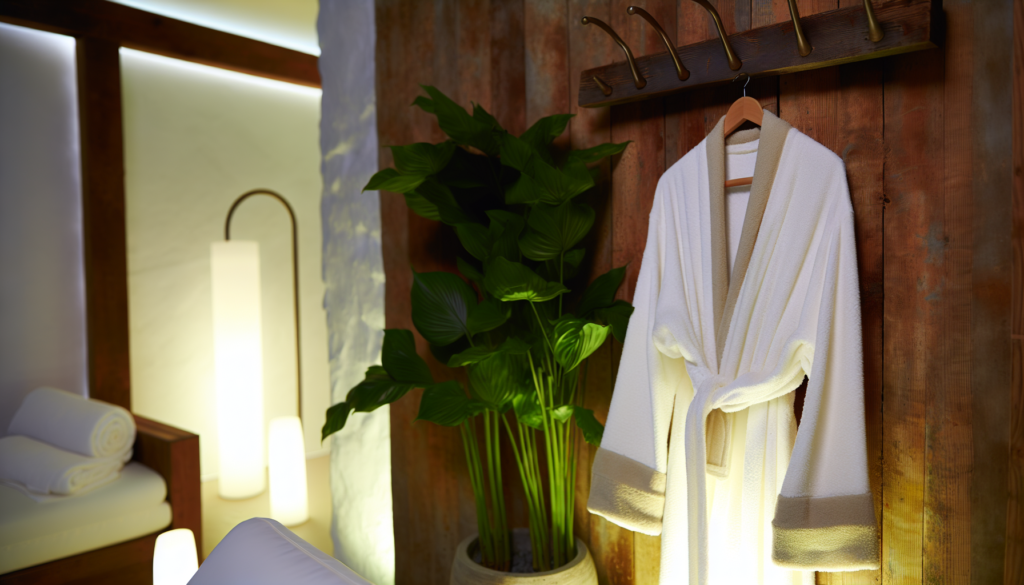Dealing with oily skin can sometimes feel like a never-ending battle against shine, breakouts, and enlarged pores. If you’ve tried countless products only to be disappointed, you’re not alone. The good news? Managing oily skin doesn’t have to be complicated or expensive. With the right approach and consistent habits, you can achieve balanced, healthy skin that glows for all the right reasons. These skin care tips for oily skin are backed by dermatological research and real-world results, making them perfect for anyone looking to transform their skincare routine today.
Understanding Oily Skin: Why Your Face Gets Shiny
Before diving into solutions, let’s understand why some of us have oilier skin than others. Our skin naturally produces sebum (oil) through the sebaceous glands. This oil helps protect and moisturize our skin, but when these glands work overtime, excess oil can lead to that familiar shine, clogged pores, and acne.
Several factors influence sebum production:
The trick isn’t eliminating oil completely—that would damage your skin’s natural barrier. Instead, the goal is balance.
Essential Daily Skincare Tips for Oily Skin
1. Cleanse Properly (But Don’t Overdo It)
Finding the sweet spot in cleansing frequency is crucial. Wash your face twice daily—once in the morning and once at night—using a gentle, foaming cleanser specifically formulated for oily skin. Look for ingredients like salicylic acid, tea tree oil, or niacinamide.
Why not more often? Over-washing can actually trigger your skin to produce MORE oil in response. Your skin thinks, “We’re drying out here!” and cranks up the oil production. Talk about counterproductive!
2. Exfoliate Regularly (But Gently)
Exfoliation is your secret weapon against clogged pores, but moderation is key. Aim for 2-3 times weekly using either:
A good exfoliation routine helps remove dead skin cells that could otherwise mix with oil and clog pores. The result? Clearer skin with fewer breakouts.
3. Never Skip Moisturizer
I know what you’re thinking: “My face is already oily, why would I add moisture?” But trust me on this one. Skipping moisturizer can signal your skin to produce even more oil to compensate.
Choose oil-free, non-comedogenic, or water-based gel moisturizers. These lightweight formulations provide hydration without heaviness. Ingredients to look for include hyaluronic acid, niacinamide, and glycerin—these hydrate without adding oil.
4. Include Targeted Treatments
Adding specific treatments to your routine can work wonders for oily skin. Consider these game-changers:
5. Use Blotting Papers
For on-the-go shine control, blotting papers are your best friend. Keep them in your purse, desk drawer, or car for quick touch-ups throughout the day. They absorb excess oil without disturbing makeup or adding more product to your skin.
Pro tip: Press gently, don’t rub. Rubbing can spread oil and irritate your skin.
Lifestyle Adjustments for Oily Skin Management
6. Mind Your Diet
While the relationship between diet and skin remains complex, many people notice improvements when limiting:
Instead, focus on omega-3 rich foods (like salmon and walnuts), antioxidant-rich fruits and vegetables, and staying well-hydrated with plain water. Your skin often reflects what’s happening inside your body.
7. Keep Your Hands Off Your Face
This might sound simple, but we often touch our faces without realizing it. Your hands carry oils and bacteria that can transfer to your face, potentially worsening oiliness and causing breakouts. Be mindful of this habit, especially if you’re prone to resting your chin on your hand or touching your face while thinking.
8. Change Pillowcases Frequently
Your pillowcase collects oil, dead skin cells, and product residue night after night. Try changing it at least once weekly, or flip it midweek if laundering that frequently isn’t practical. Some people with particularly oily skin swear by silk pillowcases, which may absorb less oil than cotton.
Special Considerations
9. Tailor Your Makeup Choices
When it comes to makeup, oil-free and non-comedogenic products are non-negotiable. Look for:
Consider going makeup-free occasionally to give your skin a break. If that feels uncomfortable, try gradually reducing usage on weekends or evenings.
10. Adjust Your Routine Seasonally
Your skin’s needs change with the seasons. During summer or in humid climates, you might need:
In winter or drier climates, don’t assume your oily skin doesn’t need extra hydration—it might just need a different type.
Maintaining a balanced skincare routine is the key to managing oily skin long-term. Remember that consistency matters more than complexity—following these skincare tips for oily skin regularly will yield better results than occasional intensive treatments. Be patient with your skin as you implement these changes, and don’t hesitate to consult a dermatologist if oiliness is severely impacting your confidence or causing persistent acne. With the right approach, that healthy, balanced complexion is absolutely within reach!







